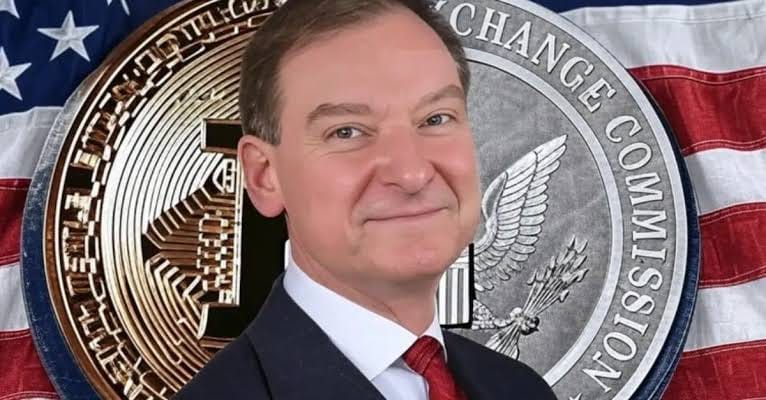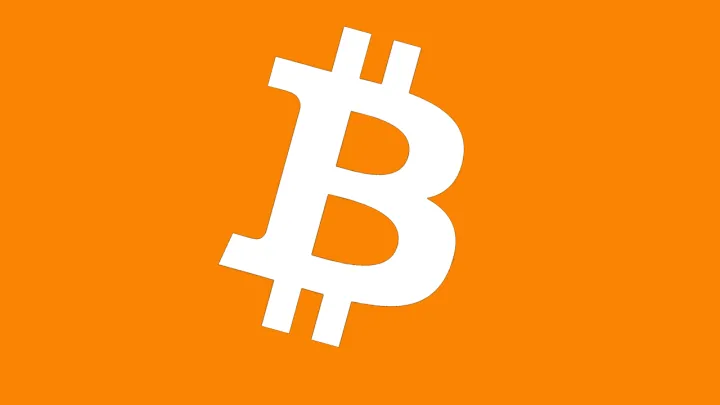SEC Chair Nominee Paul Atkins: A Pro-Crypto Shift in U.S. Regulation?

Summary
The nomination—and subsequent confirmation—of Paul Atkins as Chair of the U.S. Securities and Exchange Commission (SEC) represents a potential sea-change for American cryptocurrency policy. Atkins, a former SEC commissioner and long-time advocate for clearer, more principles-based digital-asset rules, has signaled his intent to replace enforcement-by-crackdown with “rational, coherent” frameworks that could foster innovation and reduce legal uncertainty for token issuers and DeFi protocols alike PBS: Public Broadcasting ServiceCoinDesk. His leadership comes at a moment when the SEC has faced staff departures and crypto lawsuits challenging its authority Reuters—and could usher in new rule-makings, carve-outs for non-security tokens, and formal safe harbors for decentralized finance Free Writings & PerspectivesHome | US SIF.
Introduction
Imagine a regulatory environment where cryptocurrency isn’t treated as a constant enforcement target but as an asset class deserving bespoke rules—where governance is clarity, not after-the-fact litigation. That vision underpins the buzz around Paul Atkins’s elevation to SEC Chair. As a nominee first unveiled in December 2024 and confirmed in April 2025 by a 52–44 Senate vote, Atkins brings a free-markets pedigree and explicit pro-crypto stance to an agency long criticized for opaque, reactive policy The Economic TimesAxios. Today’s article will unpack:
- Atkins’s background and philosophy
- Immediate policy signals
- Long-term impact on U.S. digital-asset markets
Along the way, we’ll reference key glossary terms to deepen your understanding and link out to related Mitosis University resources for further reading.
1. Paul Atkins: From Commissioner to Pro-Crypto Chair
1.1 Regulatory Philosophy
Paul Atkins first served as an SEC commissioner under President George W. Bush (2002–2008). He championed principles-based regulation, arguing that broad rules—rather than prescriptive mandates—would let markets adapt and innovate The Economic Times. Since leaving the SEC, Atkins has lobbied for:
- Clear digital-asset classifications, distinguishing payment tokens from securities PBS: Public Broadcasting Service
- Safe harbors for decentralized protocols, similar to the “sandbox” models other regulators employ Free Writings & Perspectives
His pronouncements at the Senate Banking Committee hearing emphasized a desire to “uncomplicate” the current patchwork of guidance and enforcement actions that many in the cryptocurrency sector say stifle growth CoinDesk.
1.2 Crypto-Industry Ties
Atkins’s confirmation disclosures revealed he owns several million dollars’ worth of digital assets, including Ethereum and Bitcoin, which he says align his incentives with market health Fortune. He’s also worked as CEO of Patomak Global Partners—a firm advising blockchain projects on compliance—giving him both private-sector perspective and credibility with technologists seeking regulatory certainty shb.com.
2. Early Signals: What to Expect from the New SEC Chair
2.1 Reinvigorated Crypto Task Force
Under Gary Gensler, the SEC’s Crypto Task Force pursued multiple enforcement actions against exchanges, DeFi platforms, and token issuers. Atkins has pledged to maintain the task force but shift its focus toward rule-making instead of high-profile crackdowns ReutersHome | US SIF. Expect:
- Formal proposals clarifying when tokens fall under securities laws
- Public comment periods to gather industry and consumer input
- Coordination with the CFTC to avoid jurisdictional overlaps
2.2 Staff Reorganization
In his first town-hall address, Atkins acknowledged that 15 % of SEC staff had departed amid a broader federal downsizing push and signaled an internal reorganization, especially within legal and technology divisions Reuters. He appears intent on:
- Refilling talent gaps with junior hires
- Streamlining contract and IT spending
- Elevating digital-asset expertise across all regional offices
A leaner, crypto-literate SEC could process rule-makings faster and engage more proactively with novel financial products.
3. Long-Term Implications for U.S. Crypto Markets
3.1 Reduced Legal Uncertainty
There are over a dozen major lawsuits challenging the SEC’s enforcement approach—from Kentucky v. SEC over secondary-market sales, to Mann v. SEC on NFTs Reuters. Atkins’s pledge to codify clear definitions could:
- Lower the risk premium that projects currently price into their tokens
- Encourage more institutional investors to enter markets previously deemed too opaque
- Accelerate innovation in DeFi, NFTs, and tokenized assets
3.2 Potential for New “Safe Harbor” Rules
Comparisons abound to SEC Reg A+ and the CFTC’s concept release on digital commodities. Atkins may propose safe harbors where:
- Non-custodial wallets fall outside SEC jurisdiction
- Decentralized autonomous organizations (DAOs) gain recognized status
- Token issuers have a 90- to 180-day window to register before enforcement begins
Such carve-outs would mirror regulatory sandbox approaches abroad, incentivizing startups to launch and iterate under monitored conditions.
Conclusion
Paul Atkins’s ascent to SEC Chair marks a pivotal moment for U.S. cryptocurrency policy. By shifting the agency from enforcement-by-litigation toward transparent, principles-based rule-making, Atkins promises to reduce uncertainty, invite broader participation, and foster responsible innovation. Yet, the real test will be whether proposed regulations strike the right balance—protecting investors without stifling creativity.
Practical Takeaways:
- Watch for forthcoming rule-makings on token definitions and custody exemptions.
- Engage with comment periods—your input could shape final regulations.
- Prepare for a phased rollout: enforcement pauses may precede full compliance deadlines.
Questions to ponder:
- Will Atkins’s free-market ethos prevail over protectionist pressures?
- Can the SEC and CFTC finally align on digital-asset jurisdiction?
- What innovative products will emerge once the regulatory fog lifts?
Internal Links
- Blockchain glossary
- DeFi glossary
- Ecosystem Connections
- Liquidity TVL Glossary
- Expedition Boosts
- Straddle Vault
- Mitosis University
- Mitosis Blog.
- Mitosis Core: Liquidity Strategies.
References
- PBS NewsHour: Crypto advocate Paul Atkins nominated for SEC Chair PBS: Public Broadcasting Service
- Senate Banking Committee advance of Atkins nomination Free Writings & Perspectives
- Coindesk: Atkins’s Senate hearing on digital assets CoinDesk
- Reuters: SEC staff departures under Atkins Reuters
- Reuters: Crypto litigation trends & administration change Reuters
- Fortune: Atkins’s crypto holdings disclosed Fortune
- Freewritings.law: Priorities of next SEC Chair Home | US SIF



Comments ()